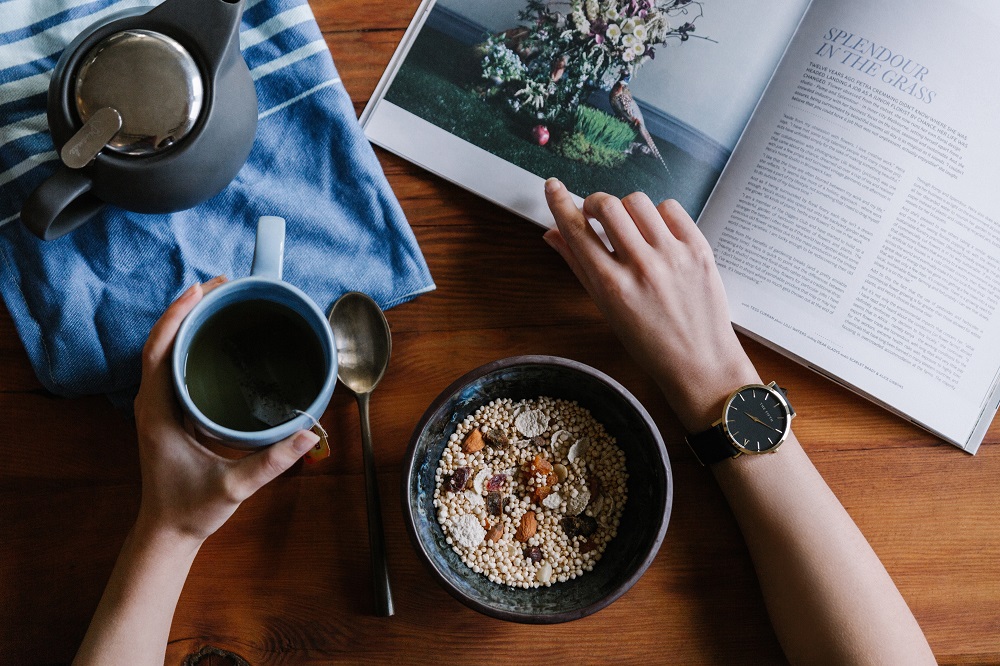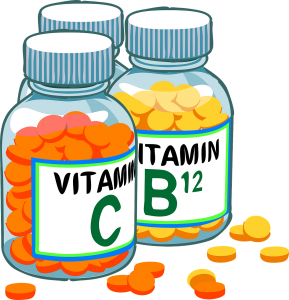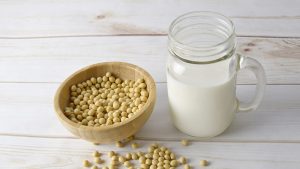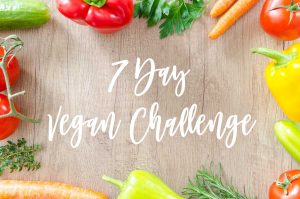So, you’re interested in the vegan lifestyle or the plant based diet but you aren’t sure where to start? Maybe you are thinking that you can’t possibly give up milk, cheese, yogurt, or meat? Maybe you feel really overwhelmed by the whole idea even though you want to do something good for yourself, for the animals and for the environment.
We are here to help you! In this post we will be sharing some tips on how to transition into a plant based diet and/or a vegan lifestyle. We are confident that after you read this post, you will see that it’s a lot easier than you thought before.
So, here we go!
Tip #1: Take it slow!
One of the biggest mistakes that people make with any diet change or any lifestyle change, is that they go all in right from the start. Ambition is a great thing, but changing too much too fast can often lead to giving up and reverting back to old habits. The best example is New Year’s Resolutions. The most common resolution is a new workout routine. So many people jump all in right away, they workout every single day for a week, then the next week a little less, until they are right back where they started. They end up feeling disappointed with themselves because they “couldn’t do it.” When in fact, that’s not the case. The best way to start anything new is to ease into it, especially things that affect your body. Working out makes your muscles sore. If you go from never working out, to working out every single day in an instant, your body will be tired, sore, it can lead to injury and it will be harder for you to want to continue. But if you start with a few days a week, you will slowly ease your muscles and your body into it and eventually create a habit that will only get easier to keep over time.
It’s the same with changing your eating habits. If you suddenly change your diet, your body is going to, in a lot of ways, shut down. It’s used to digesting certain foods so when you drastically change what you are giving your body, even if it’s a good change, your body needs time to adjust to that change. A lot of people complain about feeling really tired after switching to a vegan diet, however I believe that these people all made the switch instantly and didn’t give their bodies time to adjust.
When we went transitioned into going vegan, we started with cutting out a few things at a time. For example, start with cutting out meat, maybe even just a few times a week. Eventually work up to completely cutting it out. Then move onto cutting out milk. Do that for a few weeks and then move onto all milk products; cheese, yogurt, etc. You can continue to cut things out slowly until you have fully cut out all animal products. Give your body time to adjust to the change, and I promise it will all be worth it!

Tip #2 : Set a Goal!
Setting a goal is a really important and helpful way to stay on track. Whether you set goals for each item that you cut out, or just an all around goal for when you want to be fully vegan.
For example: you can say that in 2 months, I want to be completely done eating meat. Then 2 months later, completely cut out eggs. Etc.
Or, you can do what we did. We started transitioning in May, and said that by the new year, we would be completely vegan. Whether you hit the goal ahead of schedule or right on schedule, you at least set a goal for yourself to get there!
Tip #3 : Experiment in the Kitchen!
One of the best things about going vegan, at least for us, is how much we learned about food! Our diet now is much more diverse than it was before we went vegan. Let me tell you, Pinterest and Instagram are the BEST tools! You can go on Pinterest, look up “easy vegan meals” and find so many amazing options! The possibilities are legit endless.
Try a new recipe once a week and learn how to cook delicious vegan meals. You will be surprised at not only how easy it is to cook and how delicious it is, but also how much money you save over time! We save so much money since going vegan because we are buying fresh veggies and whole foods, which is so much cheaper than dairy and meat products.
Tip #4 : Stay away from processed vegan “junk food”
A lot of people say that veganism is really expensive. However, this is only true for the people who continuously buy the imitation products, especially the vegan meat substitutes. We buy them on occasion, but for the most part, we stay away from them. A lot of them contain additives and preservatives, just things you don’t want in your body. They also tend to have a lot more calories, fat, and are not healthy alternatives.
Tip #5 : What about B12?
B12 is a very important supplement that we don’t naturally get from food. Yes. You heard that correctly. An argument I hear all the time is that vegans don’t get B12 like meat eater and vegetarians do. True. However, technically, vegetarians and meat eaters don’t either. The B12 that you get from meat and dairy is not naturally forming in those products. Cows are given B12 supplements so that it, in turn, gets to you. So cut out the middleman, and just take a supplement.
We take a daily vitamin that has everything you need in it, because sometimes we don’t eat everything we need every day. That would be pretty hard to do on any diet.

Tip #6 : Vegan Lifestyle
So, you’ve got the vegan diet down, but what about everything else in your life? You would be amazed at how many products you use every single day that are not vegan. They either use animal products in them, or they are tested on animals.
A few examples of things that you use everyday that are not vegan, some not even vegetarian: toothpaste, mouthwash, dental floss, headache medicine, supplements, household cleaning products, dish soap, your clothing, the list goes on.
A note on supplements: why aren’t they vegan? Why aren’t they vegetarian? Supplements usually have a coating so they are digested properly in the intestines and not digested too quickly in the stomach (due to our stomach acids which break things down). Do you know what that coating is often made of? Well, a lot of the time, gelatin is involved. A common mistake is that people don’t think twice about what gelatin is really made of. Gelatin is made from collagen which comes from the connective tissues in the body parts of animals. Protein. So the supplements you take, the jello you eat, even the gummy bears that you love so much, none of them are vegan, and none of them are even vegetarian.
So when you buy supplements, or gummies or anything that can have gelatine in them, make sure to look for the vegan symbol or to read the ingredient list first, as most are not vegan.
Clothing reminder: Wool is taken from sheep, and it is often not taken in a way that these sheep are comfortable. The sheep don’t have happy lives, but rather are stocked up for the sole purpose of providing wool for clothing. They are not treated well, they are beaten and are not free to just be. So as hard as it can be, try to stay away from wool.
Leather. Let’s not forget that leather comes from the skin of a cow. So that fancy leather purse you are carrying, you’re actually putting all your things in cows skin.
One great way to see if your products are vegan, and if they have components in them that are harmful to your health (like most hair and bath products), is by using the app Code Check. We are in no way endorsed by Code Check, but we absolutely love their app because it has made it very easy for us to quickly see if we are using ethical products but also products that don’t contain microplastics and things that are harmful to our health. We have another blog post about it that you can read here.
Tip #7 : No One is Perfect
The best thing to remember while transitioning into being vegan is that no one is perfect. So if you haven’t had meat in 2 weeks, and you slip up, it’s okay. Just get back on track. If you accidentally ate something with eggs in it and forgot to ask if it’s vegan, don’t panic. Just get back on track.
Going vegan takes a lot of patience and there is a learning curve that comes with it. You will make mistakes, you will accidentally eat the wrong thing when you go out to eat, and you know what? It’s okay! You are doing an amazing thing for your health, for the animals and for the environment by making this transition and you can be so very proud of that!
If you have any other questions about going vegan or plant based, please don’t hesitate to send us a message! We are here for you and we want to help you as much as we can to make this transition as easy as possible. Don’t rush it, take your time, learn all you can, and have fun with experimenting with new foods!
Please leave us a comment and share this post with your friends. You can also follow us on instagram @sproutedconsciousness




Oh man, this is so motivating.
I wish I could do that so easily. But I for sure will be more aware of what I eat and how much meat and animal products I consume.
Thanks Sean! That is a great start. We are so happy that our post inspired you. Like we said in the post, it takes time but a slow transition is the best way to make a permanent change!
Thanks for your comment and for supporting our blog. We would be so grateful if you shared this post with your friends so we can reach even more people 🙂